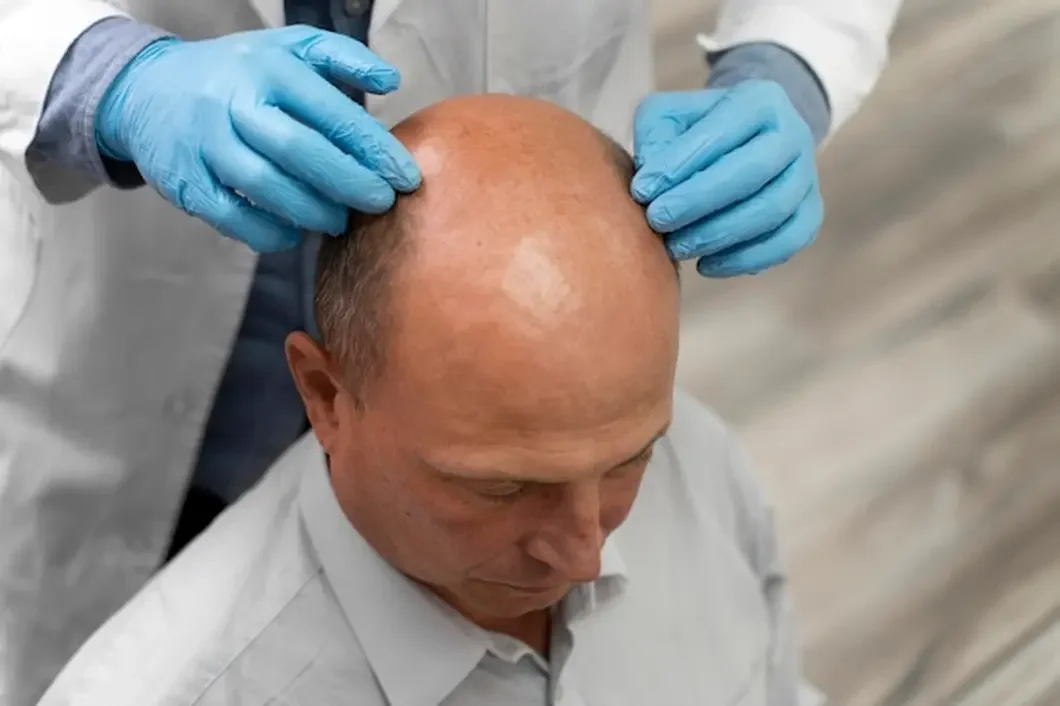Hair transplant surgery has become a popular solution for individuals experiencing hair loss. In Abu Dhabi, renowned for its world-class medical facilities and skilled surgeons, hair transplant procedures have gained significant popularity. One of the most common questions patients have is, "How long does recovery take after a hair transplant in Abu Dhabi?" This comprehensive guide will delve into the various stages of recovery, factors influencing the timeline, and tips for a successful outcome.
Understanding Hair Transplant Recovery
The duration of recovery after a Hair Transplant in Abu Dhabi can vary depending on several factors. These include the type of procedure performed, the location of the donor site, individual health and healing factors, and adherence to post-procedure care instructions.
- Type of Hair Transplant Procedure: There are two primary methods of hair transplantation: Follicular Unit Transplantation (FUT) and Follicular Unit Extraction (FUE). FUT involves removing a strip of scalp with hair follicles, while FUE involves extracting individual hair follicles. The recovery time for FUT may be slightly longer due to the larger incision.
- Donor Site Location: The location of the donor site, typically the back of the head, can also affect recovery. If the donor site is large or in a sensitive area, healing may take longer.
- Individual Health and Healing Factors: Each person's body heals at a different rate. Factors such as overall health, age, and medication use can influence the recovery process.
- Post-Procedure Care: Following the surgeon's post-procedure instructions is crucial for a smooth recovery. This includes proper wound care, medication use, and avoiding certain activities.

The Initial Recovery Period
The initial recovery period after a hair transplant typically lasts 1-4 weeks. During this phase, the body focuses on healing the surgical sites and preventing infections.
- Days 1-7: Immediate Healing Phase:
- Swelling and Scabbing: It's common to experience some swelling and scabbing around the transplanted grafts. These are normal signs of healing.
- Pain Management: Over-the-counter pain medication can be used to alleviate any discomfort.
- Post-Op Care Instructions: Adhering to the surgeon's specific instructions for wound care, medication use, and activity restrictions is essential.
- Weeks 2-4: Graft Healing and Shedding:
- Hair Shedding and Shock Loss: A temporary phase of hair shedding, known as shock loss, may occur within a few weeks of the transplant. This is a normal part of the healing process.
- Scalp Care and Hygiene: Gentle cleansing and avoiding harsh products are recommended to keep the scalp clean and promote healing.
- Avoiding Activities: Strenuous activities, excessive sweating, and direct sunlight should be avoided during this period.
The Intermediate Recovery Period
The intermediate recovery period, typically lasting from 3 to 6 months, is characterized by new hair growth and continued healing.
- Months 3-6: New Hair Growth:
- Early Signs of New Growth: Tiny, fine hairs may start to appear around the transplanted grafts.
- Patience and Realistic Expectations: It's important to be patient as hair growth can be gradual. Realistic expectations are crucial during this phase.
- Continued Care and Precautions: While new hair growth is evident, it's still essential to follow post-procedure care guidelines, such as avoiding excessive heat and styling products.
The Final Recovery Period
The final recovery period, typically lasting from 6 to 12 months, marks the completion of the hair restoration process.
- Months 6-12: Full Hair Restoration:
- Mature Hair Growth: The transplanted hair should now be thicker and more mature.
- Assessing Results and Follow-Up: It's a good time to schedule a follow-up appointment with the surgeon to assess the final results and address any concerns.
- Maintaining Hair Health: Once the hair has fully grown, it's important to maintain its health through proper care, including regular haircuts and avoiding excessive styling.
Tips for a Successful Recovery
To ensure a smooth recovery after a hair transplant in Abu Dhabi, consider the following tips:
- Choosing a Reputable Clinic: Research and select a clinic with experienced surgeons and a proven track record.
- Following Pre-Procedure Instructions: Adhere to any pre-procedure guidelines provided by the clinic, such as avoiding certain medications or blood thinners.
- Adhering to Post-Procedure Care: Strictly follow the surgeon's post-procedure instructions, including wound care, medication use, and activity restrictions.
- Managing Expectations and Stress: Maintain a positive mindset and avoid excessive stress, as it can impact the healing process.
Hair Transplant Recovery in Abu Dhabi: A Unique Perspective
Abu Dhabi offers a unique experience for individuals seeking hair transplant procedures. The city boasts world-class clinics with highly skilled surgeons, state-of-the-art facilities, and a focus on patient care. The cultural considerations and tourism aspects of Abu Dhabi can also contribute to a positive recovery experience.
Frequently Asked Questions
- How long does it take for hair to grow back after a hair transplant in Abu Dhabi? The recovery time can vary, but generally, it takes 6-12 months for full hair restoration.
- Is it painful to have a hair transplant in Abu Dhabi? While there may be some discomfort during and after the procedure, modern techniques and pain management options minimize pain.
- Can I travel after a hair transplant in Abu Dhabi? It's generally recommended to avoid long-distance travel for a few weeks after the procedure to allow for proper healing.
- How much does a hair transplant cost in Abu Dhabi? The cost can vary depending on the extent of the procedure and the clinic. It's advisable to consult with multiple clinics for quotes.
- What are the risks associated with hair transplants in Abu Dhabi? As with any surgical procedure, there are potential risks such as infection, scarring, and graft loss. However, when performed by experienced surgeons in reputable clinics, the risks are minimal.
By understanding the recovery process, following post-procedure care guidelines, and choosing a reputable clinic in Abu Dhabi, individuals can maximize their chances of a successful hair transplant experience.



Leave a Comment